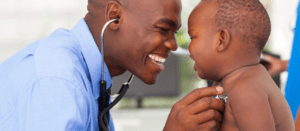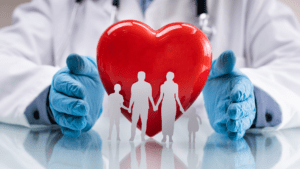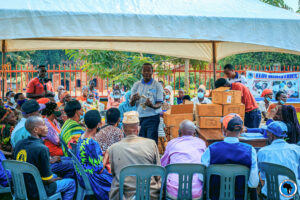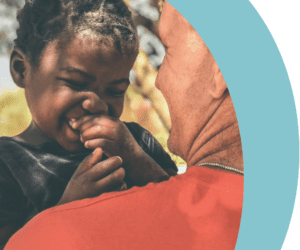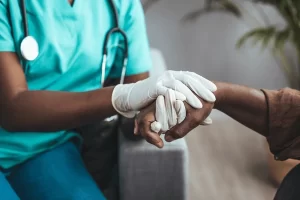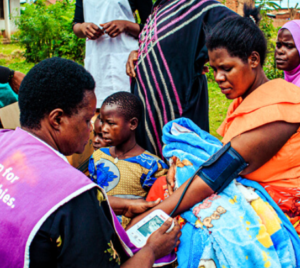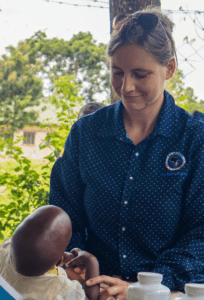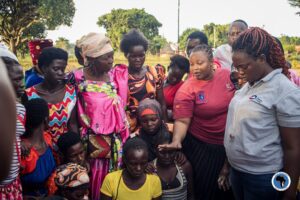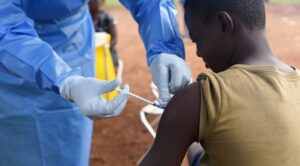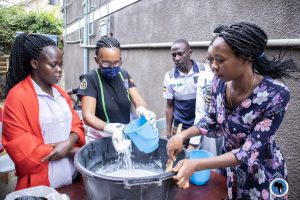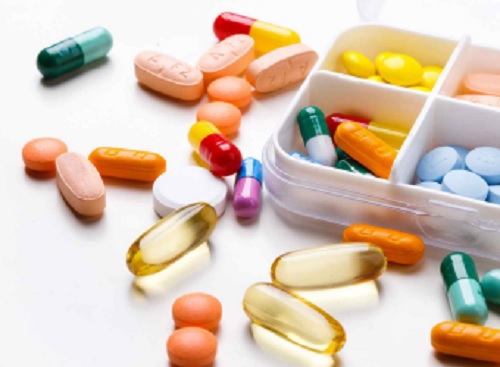
WHO charts new path for action against antimicrobial resistance (AMR)
ANALYSIS | SHOBHA SHUKLA | Protect the medicines that protect us and ensure that all those who need them can access them, says Dr Tedros Adhanom Ghebreyesus, the Director General of The World Health Organization (WHO).
He was speaking at a Strategic Roundtable discussion on “Charting a new path forward for global action against antimicrobial resistance (AMR)” held recently during the 77th World Health Assembly. This is the WHO decision-making body which brings together all countries.
He reiterated WHO’s commitment to supporting countries to implement the resolution approved by this year’s World Health Assembly on how to accelerate national and global responses to AMR based on a One Health approach.
The roundtable deliberations supported the creation of an “independent panel to monitor and report on the science and the evidence to facilitate collaborative and coordinated action against AMR,” as proposed by Mia Amor Mottley, Prime Minister of Barbados, who is also the Chair of Global Leaders Group on AMR.
Referring to data from the recent economic study commissioned by the Global Leaders Group on AMR, she cautioned that without a stronger response AMR will not only result in average loss of life expectancy of two years globally by 2035, but also cost the world an additional USD 855 billion annually in extra healthcare costs and lost productivity.
A report developed by Global Leaders Group on AMR to inform the outcomes of this year’s United Nations General Assembly High Level Meeting on AMR to be held in September 2024, has proposed specific global targets to reduce deaths caused by bacterial AMR, promote antibiotic stewardship and responsible use in humans, and reduce antimicrobial use in the agri-food system.
Whole of society approach
Mottley’s call to governments “to take a whole of society approach in their response to AMR and focus on prevention across all sectors- clean drinking water, safe and effective sanitation, food security, infection prevention and control in all settings (including healthcare facilities), and also safeguard against environmental contamination by antimicrobials” was also echoed by other roundtable discussants.
The new series by The Lancet on AMR has put forward the 10-20-30 global targets for sustainable access to effective antibiotics: a 10% reduction in mortality from AMR (by reducing both antibiotic use and resistance and enabling their great access); a 20% reduction in inappropriate human antibiotic use (against the backdrop of universal access to WHO’s access antibiotics); and a 30% reduction in inappropriate antibiotic use in animals by 2030.
Dr Ramanan Laxminarayan, President of One Health Trust, said lack of sustainable access to effective antibiotics kills more people than AMR does. More people are dying from bacterial infections than from TB, HIV/AIDS and malaria combined.
Dr Jean Kaseya, Director General of Africa CDC, corroborates these concerns. He said Africa had over 1 million AMR associated deaths in 2022, adding that the AMR crisis is mostly driven by fake medicines, coupled with irrational use of antibiotics, poor food security, lack of safe water, sanitation and hygiene. He called for accelerating the agenda of local manufacturing in Africa to enable all Africans to have access to quality and affordable antibiotics when they need it.
Dr Ramanan calls AMR an ‘optional’ crisis – a problem that can be solved as intersectional coordination of the top-4 global agencies on human health, animal health, food and agriculture and the environment (WHO, World Organisation for Animal Health – WOAH, Food and Agriculture Organisation of the United Nations – FAO, and United Nations Environment Programme – UNEP) has set the stage for One Health which is a simple and ancient recognition that our health is inextricably intertwined with the health of animals, plants and the planet.
“There is an urgent need to have more accountable, effective and functional multi sectoral governance systems in place to coordinate the local, regional and global responses to AMR and to also successfully implement targeted interventions,” remarked Dr Abdullah Algwizani, CEO Public Health Authority, Kingdom of Saudi Arabia.
Prof. Dame Sally Davies, Special Envoy on AMR for UK, hopes that “the high level meeting on AMR would truly address the needs of the most vulnerable communities, offering clear support to low and middle-income countries who carry the greatest burden of this antibiotic emergency. Fair and equitable access to antibiotics and diagnostics should be a high priority. Better access to essential antibiotics, embedded in a better system of WASH (water, sanitation and hygiene), IPC (infection and prevention control), vaccines, with responsible stewardship, and combined with an improved pipeline of new antibiotics diagnostics will save millions of lives”.
From Declaration to Implementation
Dr Peter Piot, Professor of Global Health, London School of Hygiene & Tropical Medicine (and its former Director as well as of UNAIDS), who chaired the roundtable, said there is need to “move from declaration to implementation that is grounded in science.”
“We have plenty of tools but they will only materialise if there is leadership and if there is funding. There is also need for innovative mechanisms to guide basic research and lead it to actual products that are accessible to people,” he said.
Shobha Shukla is the award-winning founding Managing Editor and Executive Director of Citizen News Service and current Coordinator of Asia Pacific Regional Media Alliance for Health and Development.
Author:: Bagombeka Job



















